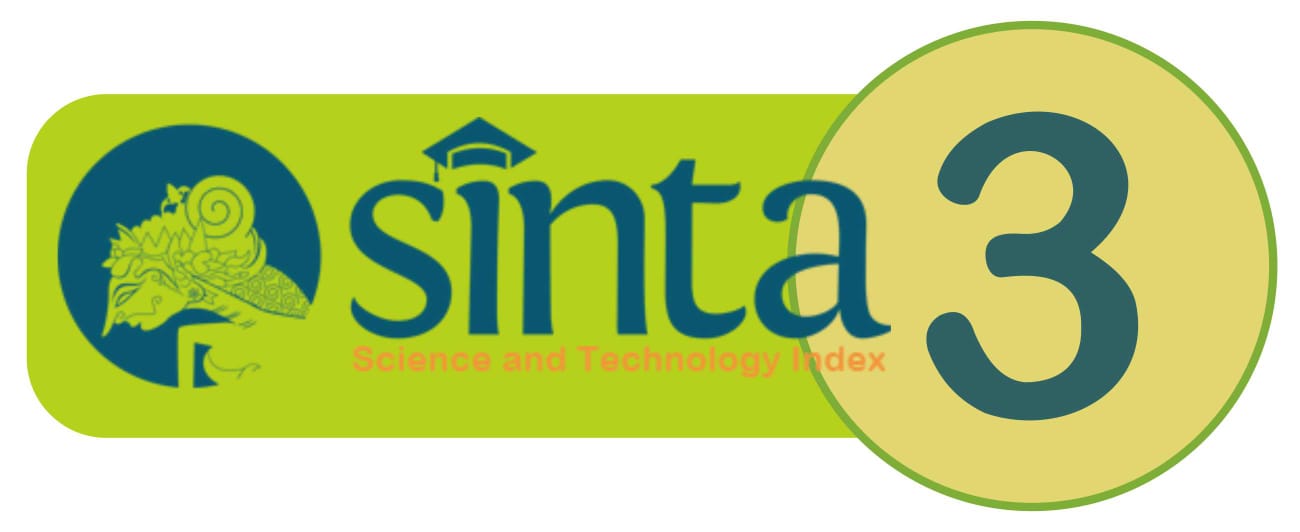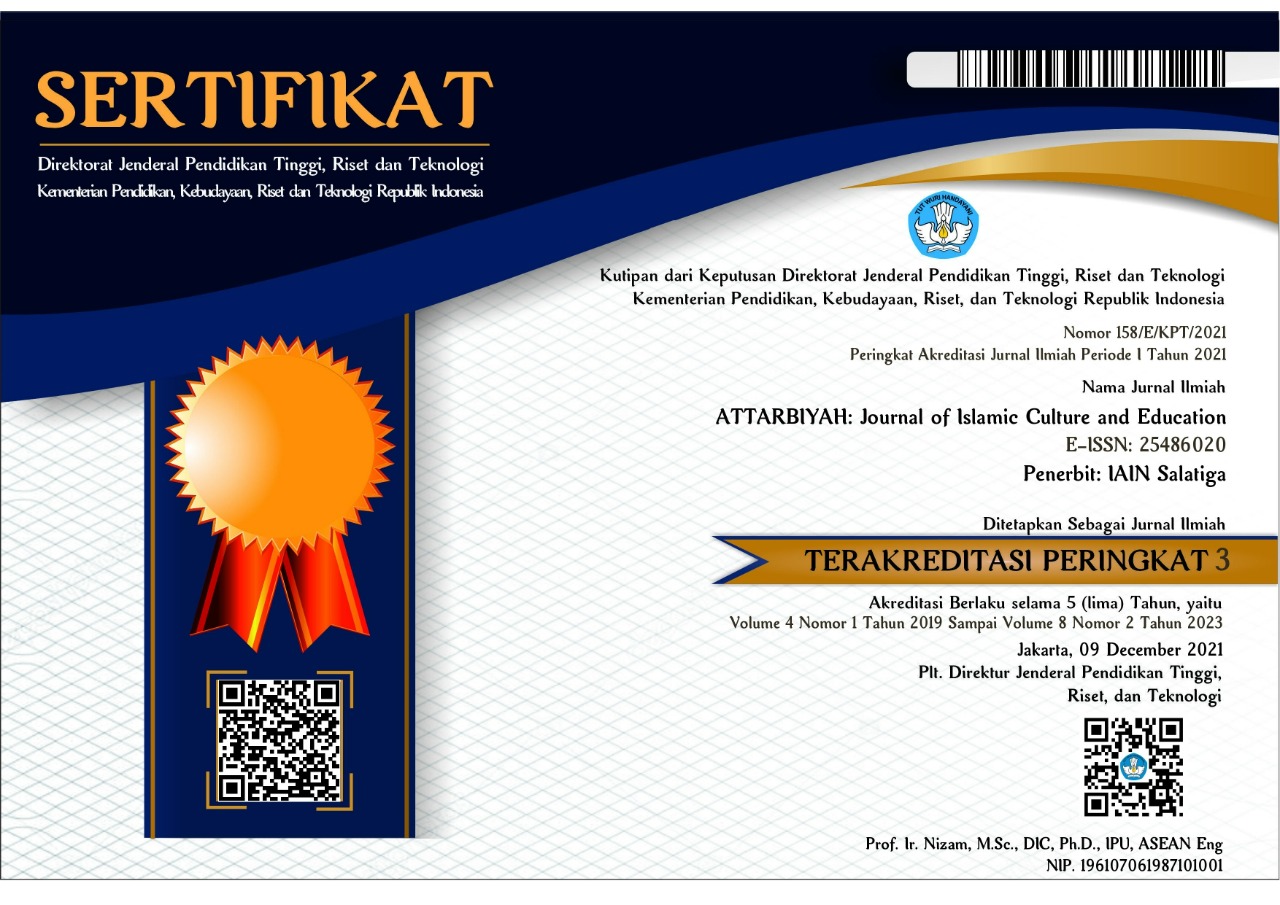ALIRAN-ALIRAN FILSAFAT PENDIDIKAN DAN IMPLEMENTASINYA DALAM PENGEMBANGAN KURIKULUM PENDIDIKAN ISLAM
Abstract
Penelitian ini bertujuan untuk memberikan arah yang jelas dan tepat bagi masyarakat tentang kebijakan pendidikan dan implementasinya dengan menggunakan teori pendidikan, yang diinspirasi oleh filsafat pendidikan, dengan pendekatan naturalistik. Narasumber diambil secara snowball dan purposive. Data dikumpulkan melalui teknik observasi, indepth interview, wawancara dan dokumentasi, kemudian dideskripsikan, reduksi, seleksi, dan dianalisa. Dalam proses pendidikan, aliran filsafat progresivisme konstruktivisme dan humanisme menghendaki agar peserta didik dapat menggunakan kemampuannya secara konstruktif dan komprehensif dalam mengembangkan pengetahuan dan potensi yang dimilikinya, tanpa menunggu arahan dan petunjuk dari guru atau siswa lainnya. Dalam pengembangan kurikulum pendidikan; 1) filsafat progresivisme menghendaki kurikulum yang bersifat luwes dan terbuka, dapat dirubah dan dibentuk, sesuai dengan perkembangan zaman dan Iptek; 2) filasafat konstruktifisme menghendaki praktik pembelajaran yang konstruktif, berpusat pada peserta didik, mementingkan kecakapan hidup, membentuk kemampuan riil yang terwujud dalam pengetahuan, sikap, dan perilaku hidup secara nyata, melalui berbagai penilaian yang otentik dengan memanfaatkan proses dan hasil; 3) filsafat humanisme, menghendaki pelayanan peserta didik untuk menemukan makna dalam belajar sesuai tingkat pertumbuhan dan perkembangannya, dengan mengakomodasi kebutuhan pengembangan kemampuan, minat, bakat dan kebutuhan khusus peserta didik, serta mendorong untuk berprestasi dan mencapai keberhasilan, dengan memberikan penghargaan atas capaian prestasi tersebut, baik berupa ungkapan verbal maupun non-verbal.
The purpose of this research is to provide clear and appropriate directions for public about education policies and its implementation by using educational theory inspired by the role of educational philosophy. This research used naturalistic approach. Informants are determined with snowball and purposive technique. Data were collected through observation, indepth interview, interviews and documentation, then described, reduction, selection and analyzed. In educational process progressivism, contructivsm and humanism philosophy wanted tha the students were able to use their abilities constructively and comprehensive in developing their own knowledge and potensial without guidance from the teacher or other students. In curriculum development of education, progressivism requires flexible and open curriculum can be changed and formed in accordance with the changing time and the development of science and technology. Curriculum development in contructivism phylosophy oriented in competence that aplicated contructivic lesson, students center, life skill, real ability, that can be seen through cognitive, psicomotor and affective in real life by using various outhentic assesments in process and result. In humanism, curriculum development stressed in students service for discovering the understanding of learning due to their growth and developing with their ability, talent and the special need of the students, encourage them improve their achievement by giving reward for their achievement in verbal or non-verbal expression.
Kata kunci: progresivisme, konstruktivisme, humanisme
Full Text:
PDFDOI: https://doi.org/10.18326/attarbiyah.v1i2.303-334
Refbacks
- There are currently no refbacks.

ATTARBIYAH: Journal of Islamic Culture and Education by http://attarbiyah.iainsalatiga.ac.id/ is licensed under a Creative Commons Attribution-ShareAlike 4.0 International License
----------------------------------------------------------
ATTARBIYAH : Journal of Islamic Culture and Education IAIN SALATIGA p-ISSN: 0215-9996, e-ISSN: 2548-6020



